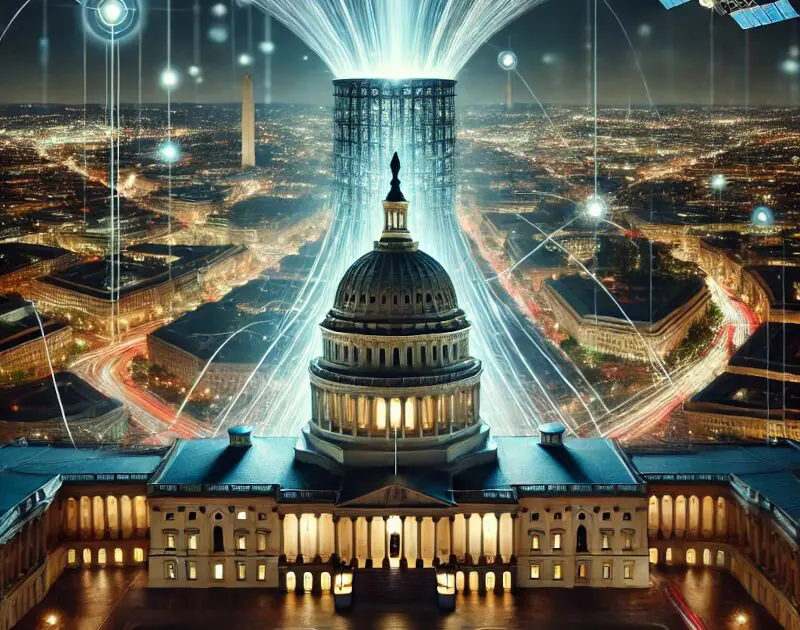Elon Musk doesn’t ask for permission. He takes what he wants, reshapes industries, and leaves regulators scrambling to keep up. Now, he’s doing the same in Washington, D.C. The billionaire is no longer just influencing policy—he’s actively bending it to his will. And it’s making the political class panic.
Musk has built an empire spanning space, artificial intelligence, social media, and defense technology. He’s no longer just a tech mogul—he’s becoming a power broker. His access to policymakers, his control over vital national infrastructure, and his near-unchecked ability to shape public discourse have positioned him as one of the most politically influential businessmen in American history. The only problem? Not everyone’s thrilled about it.
Washington’s Musk Problem
The political establishment doesn’t know what to do with him. Musk isn’t beholden to donors. He doesn’t play by the rules. He controls his own media platform and answers to no one. In an era where politicians are used to managing billionaires behind closed doors, Musk operates out in the open—often with a single tweet that can move markets, reshape narratives, or send regulators into a frenzy.
And he’s not just talking. He’s actively reshaping the industries Washington depends on. SpaceX has become a dominant force in U.S. defense and satellite communications, Starlink is critical to military operations, and Tesla continues to push the government’s clean energy agenda—while simultaneously rejecting the very policies Washington tries to impose.
But perhaps most concerning to policymakers is Musk’s deep business ties to China. Tesla’s reliance on Chinese manufacturing and his cozy relationship with Chinese officials have raised serious national security concerns. While Washington works to limit foreign influence on key industries, Musk has managed to straddle both sides, leaving lawmakers questioning just how much control they really have over him.
The Backlash Has Begun
Politicians on both sides of the aisle have started sharpening their knives. Musk’s growing influence has led to calls for regulatory oversight, with lawmakers weighing new restrictions on SpaceX’s government contracts, Starlink’s role in military operations, and even the potential breakup of his vast empire under antitrust scrutiny.
The Biden administration has reportedly explored ways to limit Musk’s grip on national security infrastructure, while Republican lawmakers—many of whom once praised his free speech crusade at Twitter—have grown uneasy about his power. The EU has also been circling, questioning Musk’s control over digital platforms and whether X (formerly Twitter) is complying with new global regulations.
Even Silicon Valley—once Musk’s strongest base of support—is turning on him. His high-profile fallout with OpenAI, his attacks on ESG policies, and his war against what he calls the “woke mind virus” have distanced him from the tech elite. Once the darling of innovation, Musk is increasingly seen as an unpredictable wild card who refuses to stay in his lane.
Musk Thrives on Chaos—But Can He Win This Fight?
The battle lines are drawn. Musk isn’t just fighting regulators—he’s fighting the very system that governs corporate influence in America. And unlike other billionaires who operate in the shadows, Musk is leading the charge in broad daylight.
But Washington plays the long game. If Musk continues expanding his empire unchecked, the government has the tools to fight back—through national security reviews, regulatory crackdowns, and targeted investigations. Whether Musk can outmaneuver them as he has in the past remains to be seen, but one thing is certain: this is no longer just about business. This is about power.
For now, Musk is still winning. But in Washington, even the most powerful players eventually learn that no empire is untouchable.




